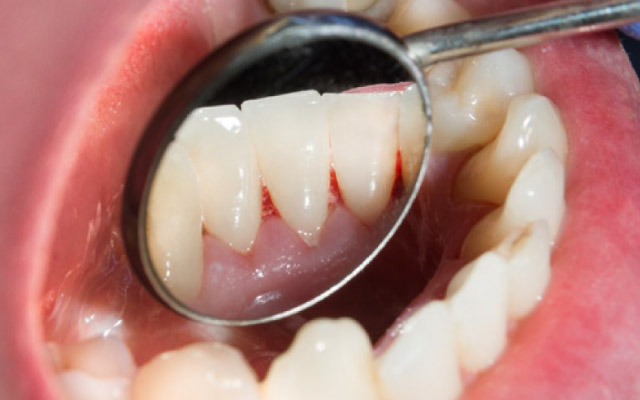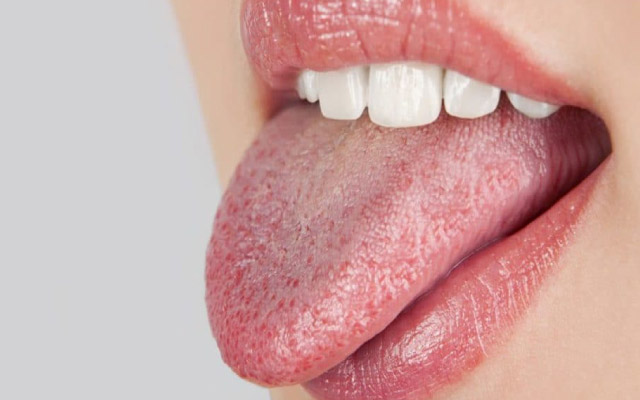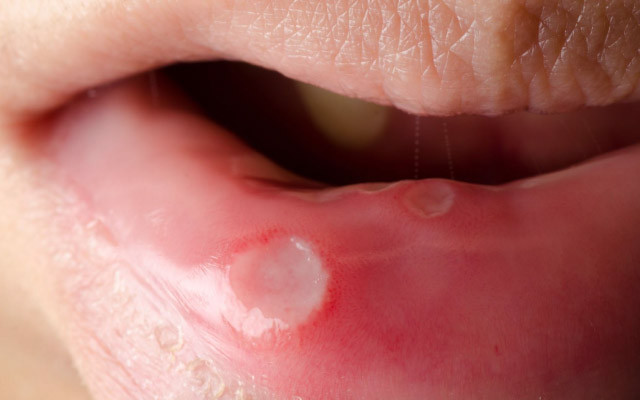6 Signs That You Should Probably See a Dentist
6 Signs That You Should Probably See a Dentist
1) You Have Pain

If your mouth or jaw hurts, it could be from a toothache. Toothaches usually indicate a cavity but they can also signal gum disease. In some cases, a toothache is a sign of an abscess or impacted tooth.
A toothache should be evaluated by a dentist right away to determine the cause of the problem and prevent the tooth from dying.
2) Bleeding or Sore Gums

Bleeding or sore gums can be a sign of gingivitis, an early and reversible stage of gum disease, or simply the result of brushing too hard or starting a new flossing routine.
If your gums bleed regularly, or enough to worry you, make an appointment with your dentist or physician, it could be a sign that something else is wrong.
3) You Try to Hide Your Smile

Whether you’re self-conscious about a missing tooth or hoping for a brighter smile, don’t be shy about talking to our dentist. Options such as teeth whitening, veneers, bracers, implants and crowns can help improve and regain one’s smile.
4) You Have Dry Mouth

Always feeling parched could be the sign of a medical issue or a medication side effect. Dry Mouth is a result of an inadequate flow of saliva. It is not a disease, but a symptom of a medical disorder or a side effect of certain medications, such as antihistamines, decongestants, pain killers, diuretics and many others.
Some of the common problems associated with dry mouth include a constant sore throat, burning sensation, trouble speaking, difficulty swallowing, hoarseness or dry nasal passages.
5) You’re Having Jaw Pain or Facial Pain

Many adults suffer from chronic jaw and facial pain. Some common symptoms include pain in or around the ear, tenderness of the jaw, pain when biting, or headaches.
Many things can cause facial pain, which can make it difficult to diagnose and treat. Our dentist will conduct a thorough exam, which may include X-rays, to determine the cause of the pain.
6) Your Mouth Has Spots and Sores

If there’s something that doesn’t look or feel right in your mouth, your dentist should examine any mouth sore that lasts a week or longer. Types of mouth sores include canker sores, cold sores, leukoplakia and candidiasis.
They vary in their severity and causes. Mouth sores could be the symptom of a disease or disorder; infection from bacteria, viruses or fungus or result from irritation caused by braces, dentures or the sharp edge of a broken tooth or filling.
Afraid to go to the dentist? Here’s a solution your you.
Give us a call and make your appointment at our nearest clinics at 03-7722 4228 (TTDI) or 03-7728 4428 (The Curve).
Source: mouthhealthy.org




